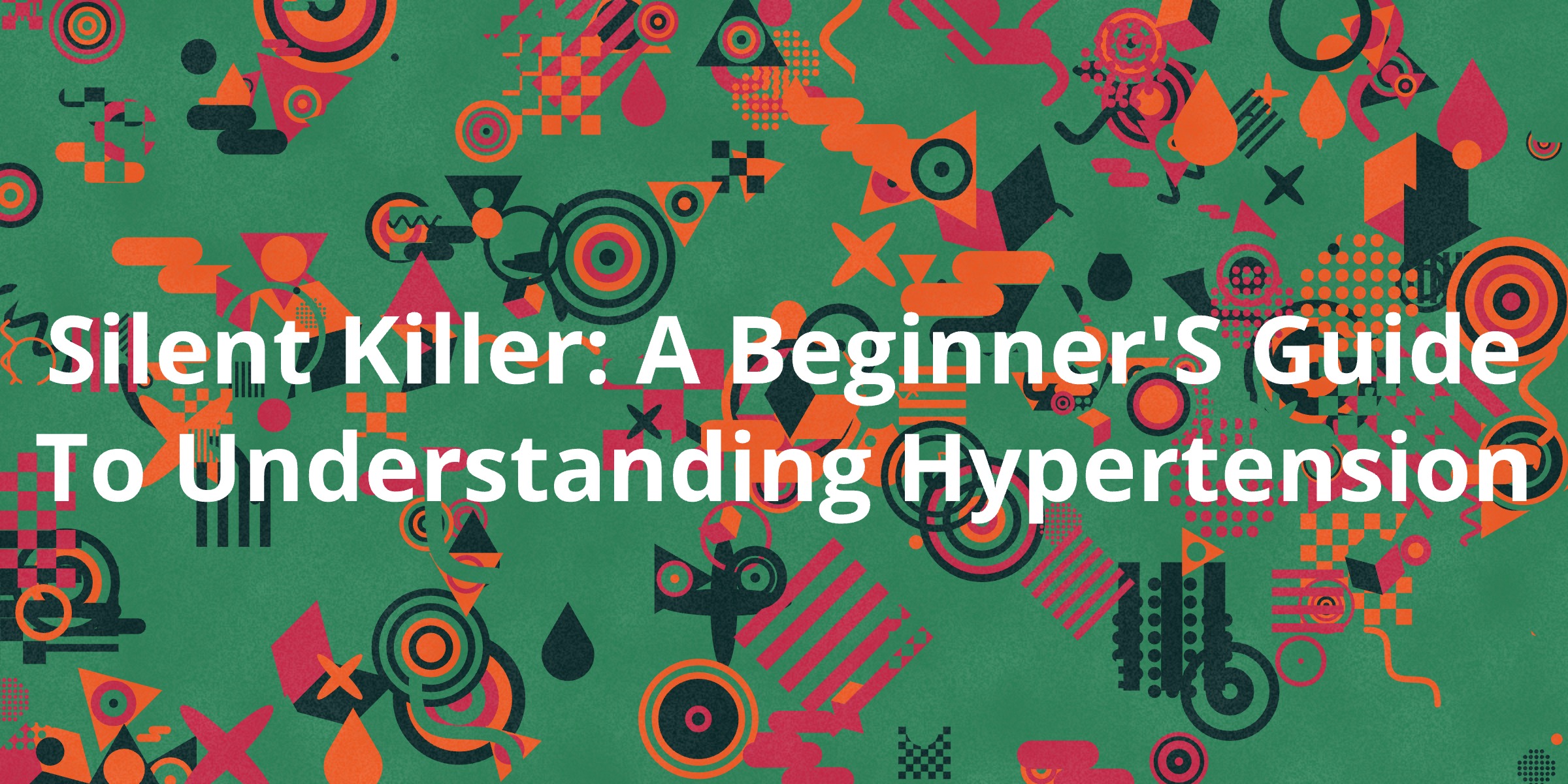Hypertension, also known as high blood pressure, is a condition in which the force of blood pushing against the walls of your arteries is consistently too high. It is a silent killer because it often has no noticeable symptoms and can go unnoticed for years until it causes serious damage to the body.
One of the main risk factors for hypertension is family history. If you have a close relative with high blood pressure, you are more likely to develop the condition yourself. Other risk factors include age (particularly after the age of 45), being overweight or obese, lack of physical activity, smoking, stress, and a diet high in sodium.
The good news is that hypertension can be managed with lifestyle changes and medication. The first step in managing hypertension is to make lifestyle changes such as eating a healthy diet, getting regular exercise, quitting smoking, and reducing stress. Eating a diet low in saturated fats, cholesterol, and sodium can help lower blood pressure. Regular physical activity can also help lower blood pressure by improving circulation and strengthening the heart muscle. Quitting smoking can also help lower blood pressure by reducing the amount of nicotine in your body.
In addition to lifestyle changes, medication may also be prescribed to manage hypertension. There are many different types of blood pressure medications available, and they work in different ways. Some medications work by blocking the action of a hormone that causes blood vessels to constrict, while others work by relaxing the blood vessels. It is important to talk to your doctor about which medication is right for you and how it works.
It is also important to monitor your blood pressure regularly. This can be done at home with a blood pressure monitor or in a healthcare setting. Your doctor will recommend how often you should check your blood pressure and what the ideal range is for you.
In conclusion, hypertension is a serious condition that can lead to serious health problems if left untreated. It is important to understand the risk factors and take steps to manage it through lifestyle changes and medication. Regular monitoring of blood pressure is also crucial in managing hypertension effectively. If you suspect you may have high blood pressure, it is important to speak with your doctor and get proper diagnosis and treatment.



